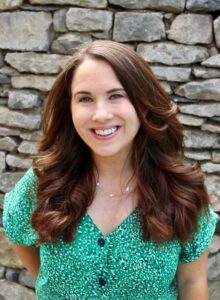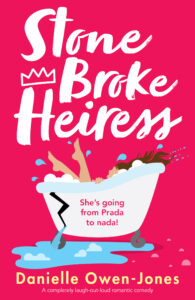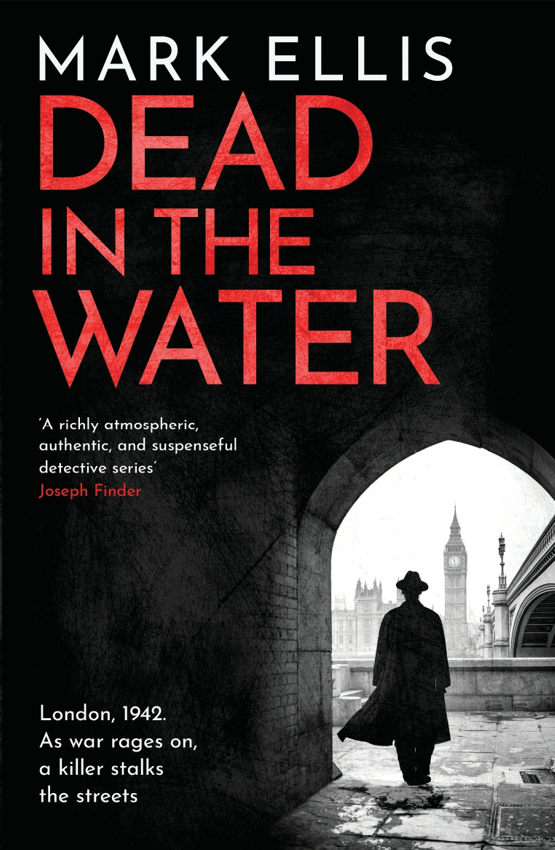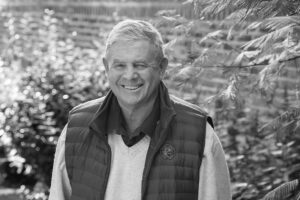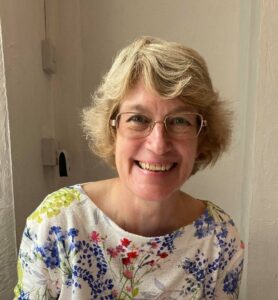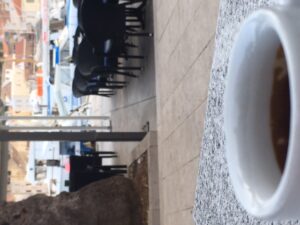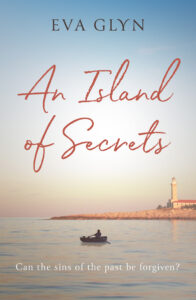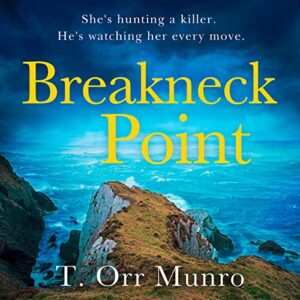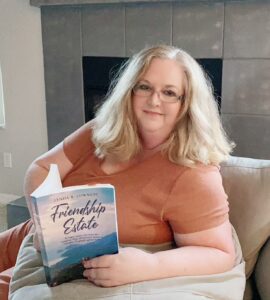 My latest book, Friendship Estate, is set on the island of Jamaica, where I was born and raised. In the late 1700s and early 1800s, the Caribbean Islands were at a crossroads. The abolition of slavery was on the horizon. In the colonies, the white and black races had been mixing for generations. They had formed a new society with a culture born of oppression, harboring a deep desire to mix freely while charting a new course for themselves. In Friendship Estate, we witness the intricate romances and elegant customs of a bygone age while meeting a captivating array of characters.
My latest book, Friendship Estate, is set on the island of Jamaica, where I was born and raised. In the late 1700s and early 1800s, the Caribbean Islands were at a crossroads. The abolition of slavery was on the horizon. In the colonies, the white and black races had been mixing for generations. They had formed a new society with a culture born of oppression, harboring a deep desire to mix freely while charting a new course for themselves. In Friendship Estate, we witness the intricate romances and elegant customs of a bygone age while meeting a captivating array of characters.
The story is very personal because eight generations of my family are buried on the island. The story is based on one of many passed down through the generations. But this one has always intrigued me, causing my imagination to take flight.
I loved writing this scene because I saw the scene unfolding in my mind’s eye. I envisioned Sabine’s anger and felt her pain as she looked out at the beautiful scene unfolding in front of her, marred by the hatred she felt. Sabine’s father is dying. She is hurting and comes across her nemesis Brixton as he is swimming in the sea.
 Sabine Holborn stood alone on the hill overlooking the white sand below her. She watched as the sea turned from turquoise to dark blue. The wind picked up the waves and crashed them against the shore, matching the anguish in her heart. Her father was dying. It was no longer if but when, and the unshed tears made the scene in front of her shimmer. The loud sobs that racked her body had subsided as she rode to her favorite spot overlooking the endless expanse of the Caribbean Sea. She loved Mount Sion, but it belonged to that hateful Brixton Dunbarton.
Sabine Holborn stood alone on the hill overlooking the white sand below her. She watched as the sea turned from turquoise to dark blue. The wind picked up the waves and crashed them against the shore, matching the anguish in her heart. Her father was dying. It was no longer if but when, and the unshed tears made the scene in front of her shimmer. The loud sobs that racked her body had subsided as she rode to her favorite spot overlooking the endless expanse of the Caribbean Sea. She loved Mount Sion, but it belonged to that hateful Brixton Dunbarton.
She had known Brixton Dunbarton all her life. A few years older than she was, she watched as he flirted his way through all the eligible girls on the island. All except her. She had listened as her friends prattled on about how handsome he was, his blond hair kissed by the sun, they romanticized. He was lean with long legs, hardened by years of riding and working his estate. No one seemed to care that his clothes were last year’s fashions, slightly frayed and worn, or that his shoes were scuffed, and his dress stockings all had runs in them. He was so beautiful; everyone overlooked his financial shortcomings. As they grew older, a few girls had whispered of their romantic escapades with him. He was always polite but never flirted with her and had proposed no romantic assignations. It hadn’t taken long for her friends to notice. They did not comment to her face, but she knew her standing with some of them had fallen, all because Brixton Dunbarton did not think she was important enough to flirt with her. She hated him for it.
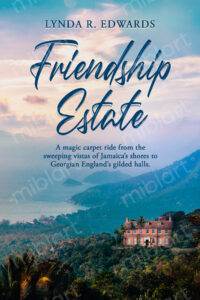 She watched as Brixton frolicked in the waves, not a care in the world. He swam and splashed around, secure in his place in this world. She did not have that luxury now, and it shook her natural confidence to its core. She watched Brixton, and her resentment grew. Why was his hateful father still enjoying his life while hers clung to his?
She watched as Brixton frolicked in the waves, not a care in the world. He swam and splashed around, secure in his place in this world. She did not have that luxury now, and it shook her natural confidence to its core. She watched Brixton, and her resentment grew. Why was his hateful father still enjoying his life while hers clung to his?
Lynda Edwards is a Jamaican writer. To date, she has written two novels, Redemption Songs and her latest release, Friendship Estate.
Find out more about Lynda and her other books at www.lyndaredwards.com

